Editor’s note: Over the weekend, the world marked 30 years since the fall of the Berlin Wall. For many in the Western world, it was an event that laid bare the failings of the Soviet socialist system, ushering in a wave of free-market reforms across the crumbling USSR and its allies. But for China, this event would mark the birth of a new breed of socialist state: one that unleashed the full productive powers of private ownership under the watchful eye of an all-powerful single-party state. In 2007, we broke down the system underpinning China’s rise to the world’s mightiest rising power.
Apart from a few notable exceptions, the Chinese film industry has never achieved much success abroad. A love of titanic historical sagas buoyed by melodramatic plots with improbable twists and turns was arguably at odds with the Westerner who prefers a little more trusty realism in his or her storylines.
Over the last 30 years, the story of China’s relentless ascent of the global economic rankings has been similarly far-fetched. Never have so many people made so much money in such a short period of time. Just how an insular, agrarian culture which not so long ago was regaling the world with slogans like: “Better to be poor under socialism than rich under capitalism,” has transformed itself into what amounts to one giant, low-cost factory and can now challenge the capitalist big boys at their own game is only part of the story.
Equally astounding, and not a tad confusing for the audience, is that this is being achieved with a combination of planned economy and unfettered capitalism that throws away the ideological rulebook – and delivers double-digit growth year after year after year.
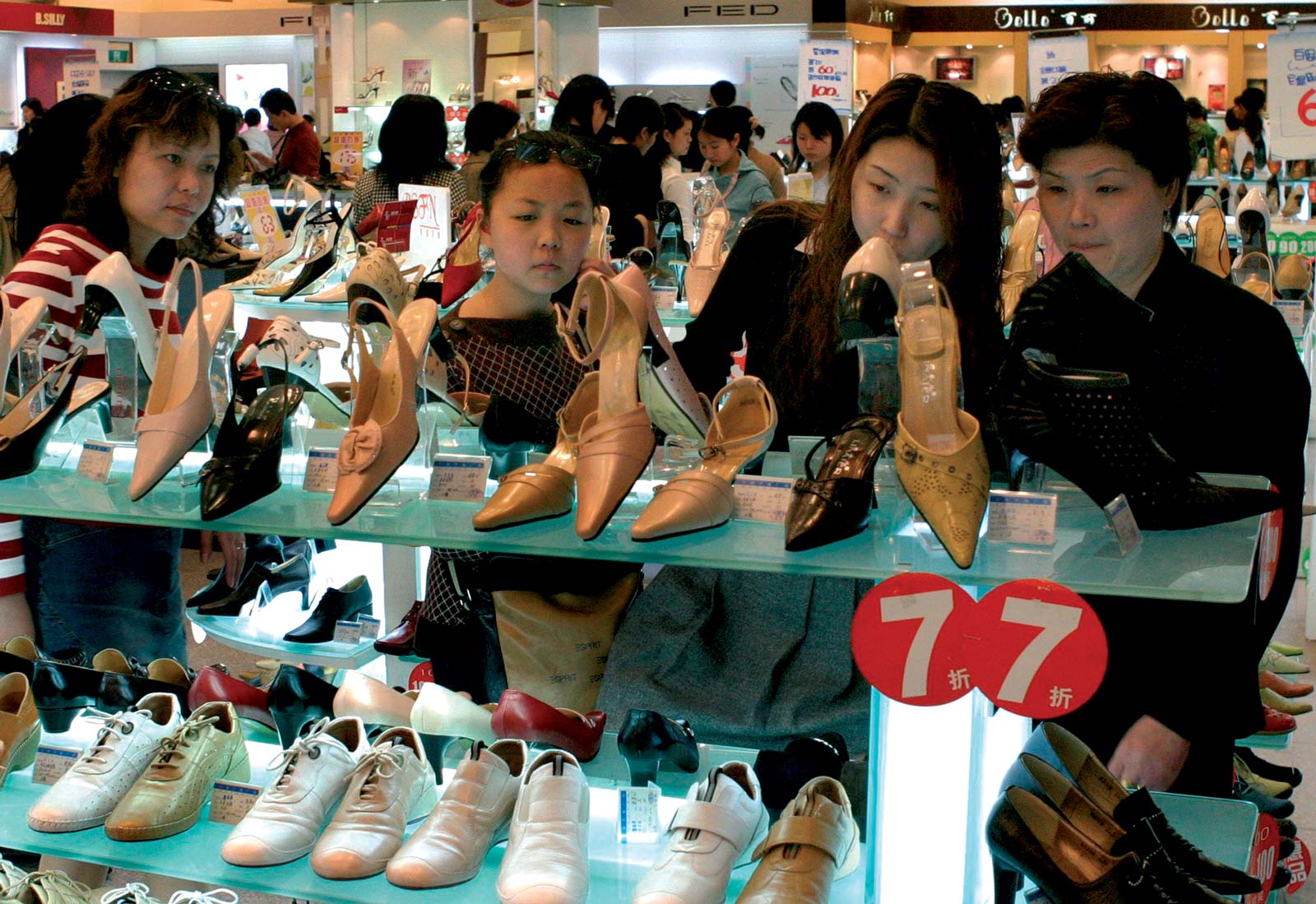
“Communism will never work, because, you know, people like owning stuff.”
Frank Zappa
Add to that the fact that the charismatic heroes of yesteryear – Mao Tse Tung and his Long March veterans – have been replaced by faceless technocrats operating with a dictatorial expediency that many high-profile Western politicians can only dream of, and you’ll appreciate why this new Chinese economic blockbuster, lets call it ‘Communism 2,’ has viewers from Tokyo to Tennessee shifting uncomfortably in their seats – seats which are more and more likely to be made in China.
By 2020, and probably sooner, China will be exporting $5 trillion worth of goods around the world, a 21st century take on Britain’s 19th century ‘the workshop of the world’ profile, and a fitting climax to 30 years of endeavour and forward planning. And in true movie-epic style some will say that standing shoulder to shoulder with the only other global superpower, the US, is where China was always destined to be. The Middle Kingdom was, after all, one of the world’s giants until it withdrew into relative isolation in the 15th century. Long before Manchester became the centre of the industrialised world, China had already closed its borders and embarked on a period of isolation that mystified Westerners and neighbours alike.
Foreigners were even more bewildered in the 20th century when China ditched its 2,000 year-old imperial system and all its divine baggage, in favour of a Western import that placed power firmly into the hands of the common people, or at least their representatives, the Chinese Communist Party.
As we all know, a decade and a half ago ‘Communism 1’ ended with the collapse of the Soviet Union, leaving behind a Russia bereft of finance or ideas, an industrial wasteland of its own making. It seemed to confirm that the free-market was the only road to prosperity and that socialism was a long, slow slide into poverty and frustration – failings vividly symbolised in the tearing down of the Berlin Wall.
Western observers shook hands with their newly enfranchised brothers and slapped themselves on the back – what more conclusive proof was there of the futility of the centralised economy and the superiority of the free-market? Western economists could reclaim the history that Karl Marx had described as belonging exclusively to the communist system. The laissez-faire theories of the Chicago school and their European acolytes had been vindicated. The United States could relax a little. After all, hadn’t one of their own icons put it best: “Communism will never work,” opined Frank Zappa, “because, you know, people like owning stuff.”
And now, in today’s world, people like owning ‘stuff’ like never before. Cars, condos, computers, phones, gadgets, televisions – everybody wants at least one. The Chinese people like owning ‘stuff’ too – they like owning $1 trillion of foreign exchange reserves, the world’s largest. They like being the most important financier of the US’s huge trade deficit. They like helping the US decide the fate of the world’s leading currency. They like being the world’s second largest importer of oil. They were delighted to discover in 2005 that they’d underestimated their national wealth by 20% – the amount being surreptitiously traded in their back-alley, cash-only economy – catapulting them to fourth in the economic league tables above the capitalist ‘running dogs’ of France and the UK.
The revolutionary class struggle, so long the staple of party debate, has vanished from official rhetoric. The talk now is of a harmonious society
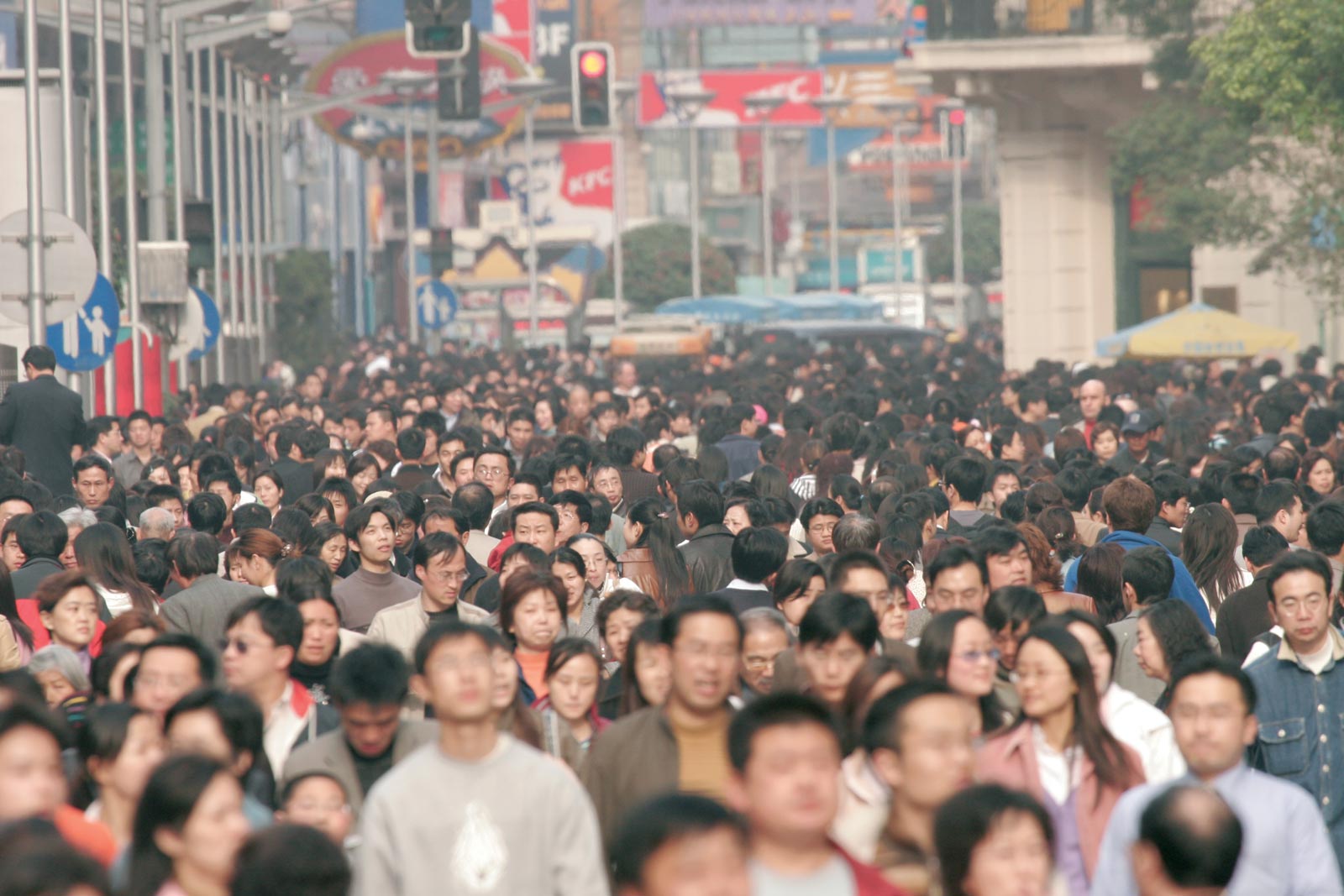
And the people of China, individually, like owning ‘stuff’, so much so that the government are having to change the laws of the country to account for the rising aspirations of 1.3 billion consumers. In March, the National Peoples’ Congress debated a controversial property rights bill for the eighth time since it was first introduced in 2002. It is almost certain to be passed later in the year. The bill will provide the same protection to the property of individuals as is given to the property of the state. The proposal has been criticised for eroding socialist principles – “all property is theft” comes to mind – and the wording of the bill attempts to placate the critics by emphasising that “public ownership predominates, co-existing with other kinds of ownership”.
The bill provides security for China’s burgeoning urban middle-class. They can now be sure of passing some of their newly created wealth on to their children. But the reform is even more urgently needed to protect farming land and the people who farm it. Because of collective ownership, local communist party chiefs often hold the titles to land and can arbitrarily confiscate it and then develop it. The farmers are paid a pittance for plots they may have farmed for generations, and receive none of the development profits. Over the past 20 years more than 7 million hectares of agricultural land has been developed into houses and factories.
This land-grabbing has caused considerable local resentments and has often prompted violence. In 2005, authorities officially documented 87,000 incidents of social unrest in the country, mainly in rural areas. Land ownership will allow people to sell unproductive plots for a fair price, and allow efficient farmers to expand their enterprises secure in the knowledge that the state cannot simply take it away. The leadership sees the reform as a stepping stone to “building a socialist countryside and a harmonious society.”
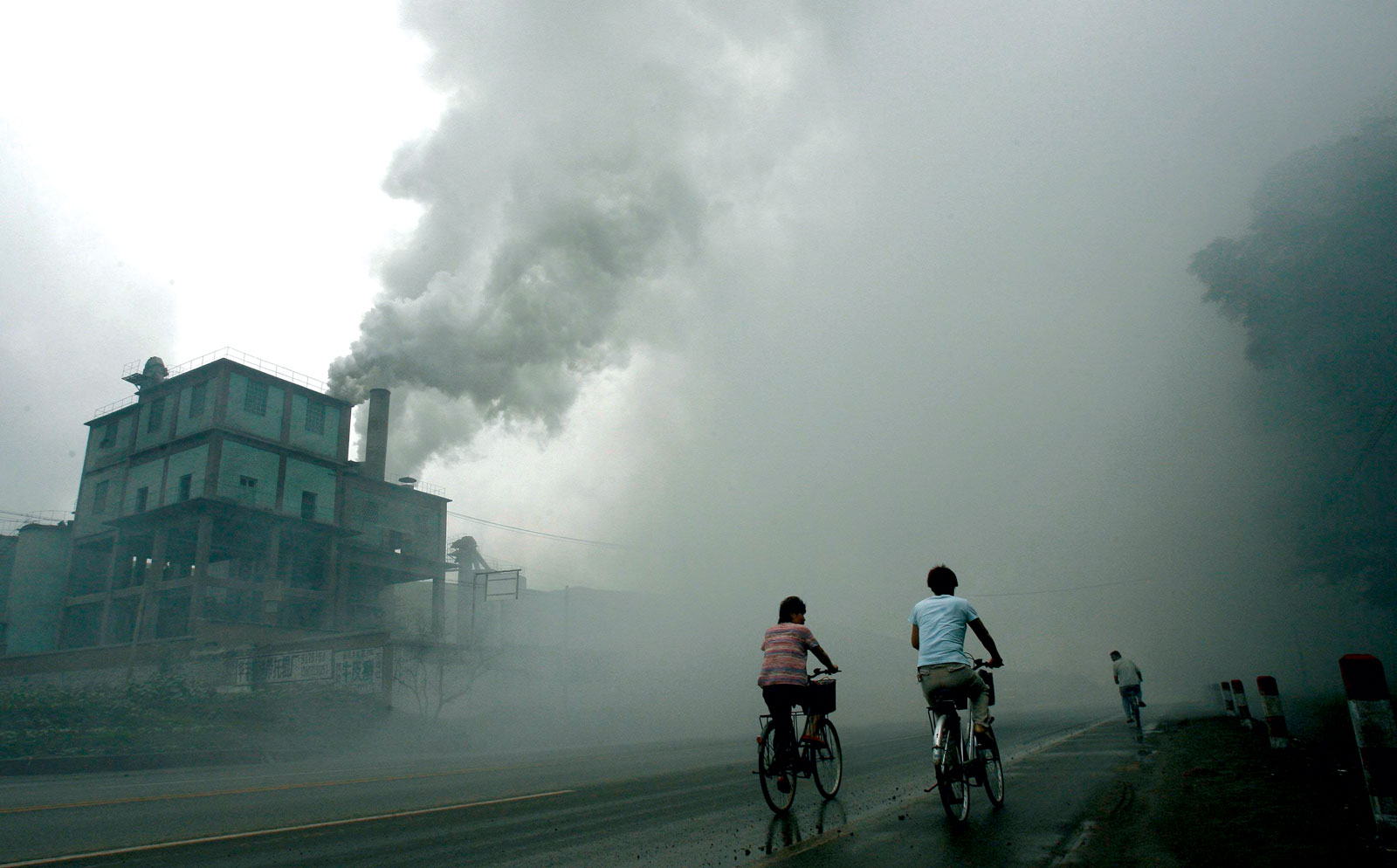
Western observers believe this law is the thin end of a large and unavoidable wedge of legal and social reform that will see China going the Western democratic way of other Confucian societies like Taiwan and South Korea.
The revolutionary class struggle, so long the staple of party debate, has vanished from official rhetoric. The talk now is of a ‘harmonious society’, a phrase borrowed from the feudal-era philosopher Confucius, whose teachings were anathema to Mao.
Marxism, one invention the Chinese do not lay claim to, is no different and has also been adapted with ‘Chinese characteristics’
The theory of the ‘three representatives’ has allowed capitalists to join the party. In the past, only the representatives of workers and farmers were accepted. This may seem to contradict the Maoist principles of old but it does reflect the new realities of China. The number of state-owned enterprises has halved in the past decade to 150,000. And in return for allowing ‘gold collar’ workers to join the white and blue, private companies are only too happy to employ party officials at generous salaries hoping to benefit from internal party connections.
This bamboo-like flexibility should come as no surprise – much of China’s recent commercial success has come from its ability to take western ideas and adapt them to its own purposes. Marxism, one invention the Chinese do not lay claim to, is no different and has also been adapted with ‘Chinese characteristics’.
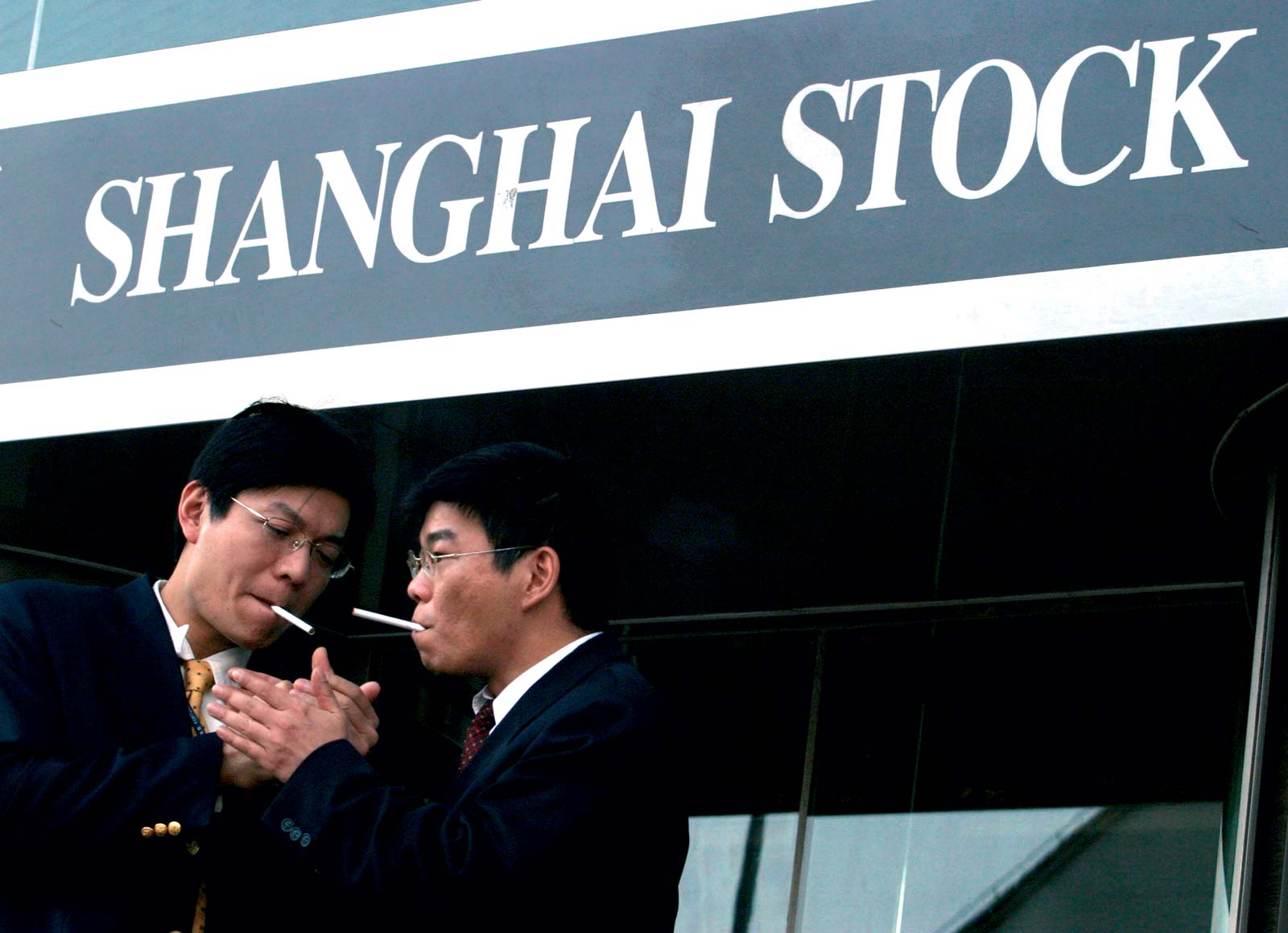

In fact communism in China always did have unique characteristics. Chairman Mao, for all his errors, may have left behind an economy desperate for reform, but at least it existed to be reformed. Not something that could be said about the hyper-inflated country he took over in 1949. He also bequeathed a crucial ideological legacy that permits reform.
The Maoist communist concept of the ‘mass line’ meant that policy would emerge from respecting local conditions. Because of this, the state planning of agriculture could be reversed more quickly in China than in the Soviet Union, under the pretence of respecting local autonomy. Change has always come from the bottom up in China.
As Mao said: “The people and the people alone are the motive force in the making of the world.”
Deng Xiaoping, the mastermind of Chinese reform, was careful to use such terminology when he began his reform programme in 1978. He hadn’t been so careful 20 years before when his suggestion that a free-market for farmers might help alleviate the damage caused by Mao’s ‘Great Leap Forward’ – during which an estimated 30 million starved to death – resulted in him being denounced as a ‘capitalist roader’, held under house arrest for two years, and paraded in a dunce’s cap through the streets of Beijing.
No wonder that Deng was to bemoan the Cultural Revolution, that other great ideological leap backwards, for producing a ‘generation of mental cripples’. And when faced with the slogan about preferring poverty under socialism to wealth under capitalism, Deng’s curt response was “poverty is not socialism”. And that is exactly what he set out to prove.
China’s economy in 2007 will be almost nine times the size it was when Deng finally won his power struggle with the Maoists and began his programme of gradual reform by dismantling the rural collectives that had been the mainstay of Maoist ideology.
The land was returned to individual farmers under a ‘responsibility’ system, freeing millions of people from unproductive jobs and allowing them to move to the cities. When the farmers began growing grain and keeping the profits, the markets began to thrive. This switch to a more market-oriented economy brought immediate dividends. From 1979 to 1997, China’s average Gross Domestic Product (GDP) growth was 9.8% – three times the world average.
While former ideological counterpart Russia and its East European acolytes stumbled to freedom and began dismantling their moribund state apparatuses, China was lifting 170 million people out of poverty, reaching self-sufficiency in grain production, and quashing any Prague-style ‘velvet’ revolution on the cobbles of Tiananmen.
Deng’s genius was to recognise the shortcomings of a collective political conscience and the advantages of individual material incentive. Just as important was the gradual nature of the changes, ‘crossing the river by feeling one stone at a time’ as Deng described it.
There was no headlong plunge into the commercial anarchy that characterised the collapse of the Soviet Union. The enterprising spirit of the Chinese people – so evident in previous eras – was gently allowed to be reawakened. In order to attract the necessary investment, Deng astutely chose to locate special economic zones in the south because of the proximity to the capitalist Chinese populations of Hong Kong and Taiwan. People who had once fled the communists were only too happy to return for the purposes of profit and no small amount of patriotism. Using low-wage workers they produced soft-toys and electrical cables, undercutting producers in the Asian tiger economies.
In 1979 Deng became the most important Chinese statesman to visit the United States, where the media was amused by this diminutive, affable, communist wandering around their virulently capitalist country. But Deng’s visit, which included calling in on NASA, Ford Motors and Boeing was no public relations exercise. Nor was it an indication of future political intentions.
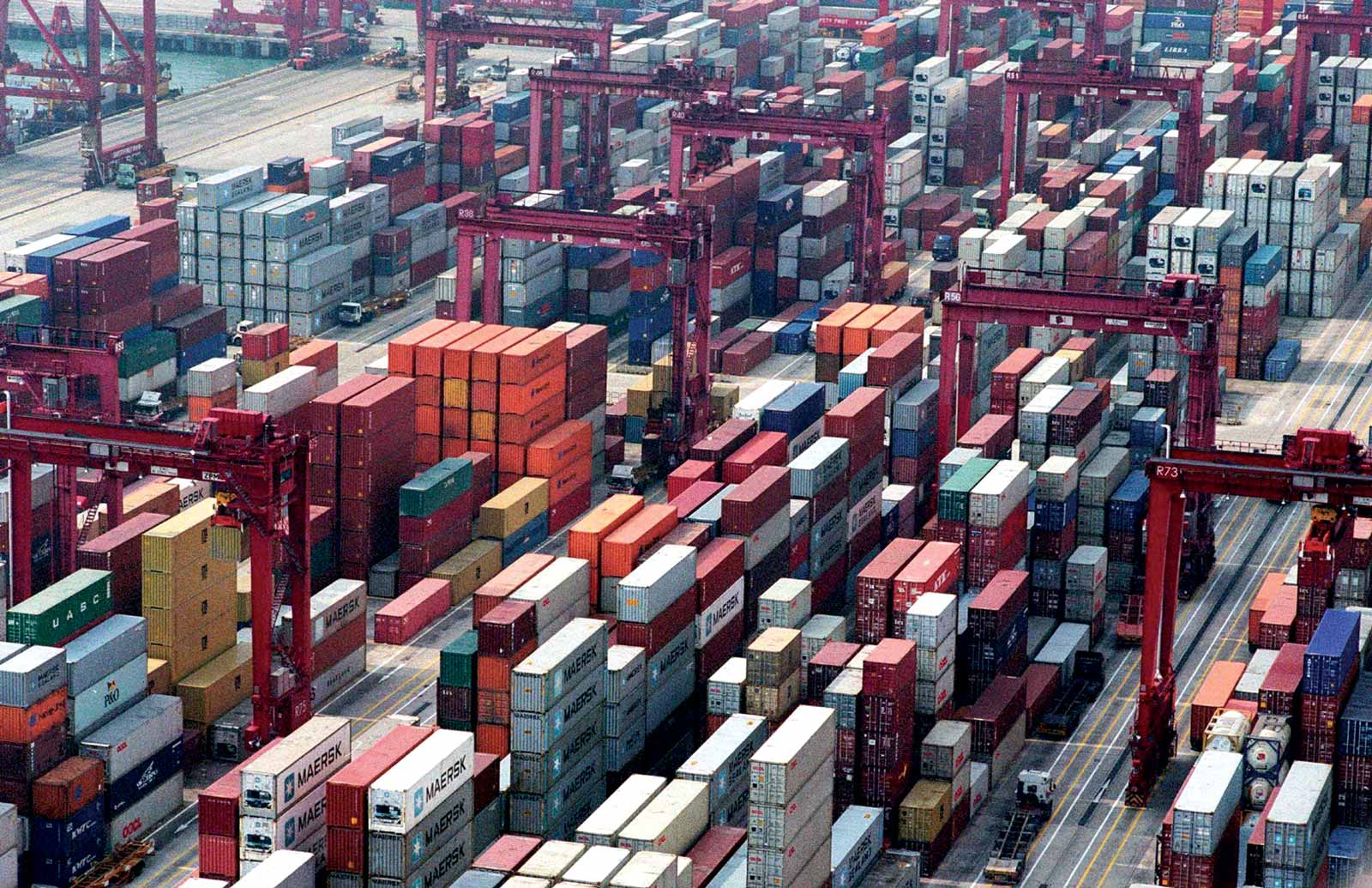
Deng and his comrades then visited China’s neighbour Japan, with its market economy, and Singapore – a bizarre union of free-market and police state. Deng realised that he had to find an economic system that would enable his country to catch up with the superior West, and enable his party to hold onto the reins of power.
Without an efficient industrial base, protectionism was not a worthwhile option so China reverted to a tactic it had employed for centuries: it played one barbarian off against the other. It invited foreign capitalists to compete over who could modernise its creaky state-owned enterprises. The foreigners duly flooded in, enticed by cheap labour, low taxes and a potentially huge market.
The Communist Party had discovered a new historical role, it played matchmaker for foreign companies and local partners. Projects worth millions, which would have taken weeks or months of negotiation with unions, officials and environmentalists in Europe, could be confirmed over a night’s wining and dining. “Whatever the central government doesn’t forbid, we go ahead and do,” observed one local official.
Foreign companies have invested more than US$318 billion in China since the beginning of the 1980’s. In the more important industries, such as cars, steel and power, laws are applied compelling foreigners to train the local people and effectively make themselves redundant.
In last year’s (2006) Pentagon defence review it is stated that China is the country most likely to ‘field disruptive military technologies that could offset traditional US military advantages’
In return for agreeing to buy new aircraft from Airbus, the Chinese insisted the European consortium assemble its A320 model in China. Airbus’s savings by the deal are likely to be minimal, but the knowledge gained by Chinese manufacturers will be priceless. They now plan to build their own large passenger planes by 2020. If Western companies refuse to hand over intellectual property, the Chinese simply pirate it.
The Chinese Communist Party is the world’s largest political party. It governs one-fifth of humanity but remains a secretive organisation with numerous leadership groups and committees, including the Kafkaesque ‘Central Committee for Protecting Secrets’. It seems difficult to imagine a market economy functioning, let alone flourishing, within such an authoritarian system, but flourish it does. A major reason for this is that although the party determines the general direction of the economy, almost anything that the 70 million party members can devise to stimulate the economy is sanctioned. Competitors in the capitalist West would happily settle for a fraction of the success that President Hu Jintao and his eight Politburo colleagues are overseeing from the Communist Party headquarters in downtown Beijing. These nine men do not need to waste time talking on chat shows or posing for photo opportunities – nobody elected them. They would rather spend their time making the decisions that will affect the well being of the Middle Kingdom’s subjects.
If today’s China is seen as one big company, this is the board of directors doing what they can to satisfy the shareholders. If President Hu were a corporate CEO he would be head-hunted by every large corporation in the world. Every year another $200 billion is added to the party coffers, courtesy of an under-valued currency that keeps exports competitive.
Companies who began by copying Western products are now becoming innovators. China recently overtook Germany in the number of patents it registers. And its goals are not only terrestrial, in its latest five-year plan the Party has set itself the target of sending probes to orbit the moon next year and to land on it by 2010. In January this year, China launched a ballistic missile to successfully destroy an ageing weather satellite, leaving behind a 35,000 piece trail of debris, and a nervous Washington.

In March, China announced a 17.8% increase in its military spending which already has the second highest budget on the planet. This is the nineteenth consecutive year of double-digit growth for the Red Army. In last year’s Pentagon defence review it is stated that China is the country most likely to ‘field disruptive military technologies that could offset traditional US military advantages’. But Chinese leaders are quick to dispel any talk of conflict. “Our philosophy is to have a win-win situation for all,” said a foreign ministry spokesman, “We’d like to cooperate, not compete.”
A simple explanation for China’s success is that it has been achieved by low wages, good infrastructure and enormous amounts of pollution. Enterprises are accountable to no one except the Communist Party for their actions. An estimated 400,000 die prematurely from air pollution, over 500 million rural residents do not have access to clean drinking water, and the pace of desertification has doubled over 20 years in a land which is 25% desert. An astonishing 12% of China’s GDP is lost through environmental costs and there are no independent watchdogs to control the factories causing it.
In some other respects China could be seen as a role model for developing countries. Political power has not been maintained through ‘the barrel of a gun’ but by a barrelful of reforms that have rescued 300 million people from poverty. Chinese cities are safer and cleaner than those of other developing countries. Broadband internet access is taken for granted in the major cities. Mobile phone reception is almost universally available. The signs of affluence are everywhere. The number of Chinese dollar millionaires is increasing, with 320,000 already worth an average of US$5 million. At the very top of the tree corruption and nepotism exist, researchers at the State Council determined that of the 3,220 Chinese with assets totalling more than US$13 million, 2,932 are relatives of senior party officials. But as long as life improves by a fraction each year for the army of migrant workers moving from the countryside to construction sites, the role of the party should be secure.
China’s Prime Minister Wen Jiabao recently addressed some of the ideological concerns of party members. He assured them that Chinese socialism was “the ocean that takes in all the rivers and never dries out.” He sees the present conditions prevailing for the “next 100 years”. For Wen, China’s economic pluralism is not the beginning of the end of socialism, merely the end of the beginning.
For 2,000 years the Middle Kingdom was ruled in the belief that it had a special mandate from heaven, its emperors recreating heavenly harmony on earth. Imperial China and the communist China Deng inherited shared the notion of infallible central control. The divine will of the Gods was replaced by the equally powerful consensus of the proletariat. In both systems notions of human rights and public accountability submit to a higher authority. Now, economic growth, for all, is the benchmark of success and a successful party has, in China at least, the implicit authority to stay in power.
*design by Navet Tab


